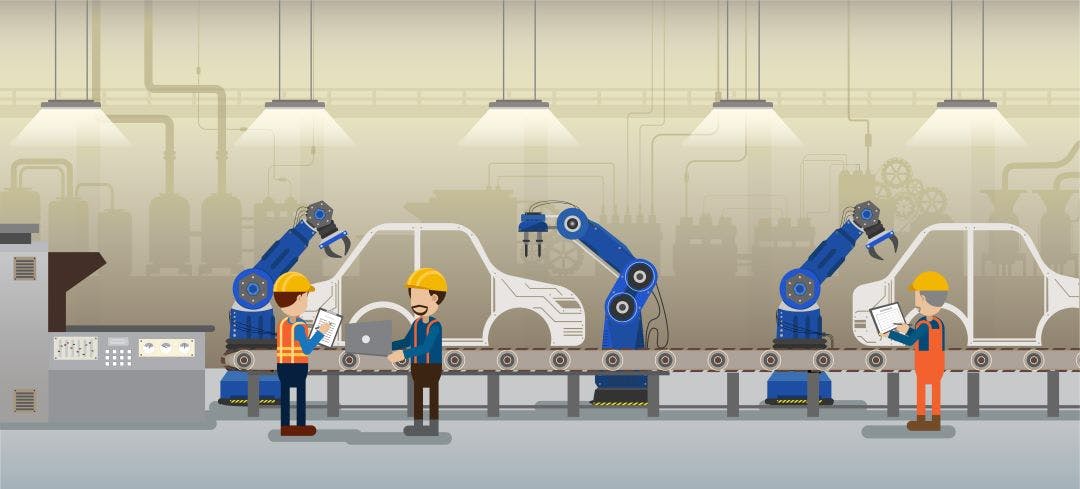
The Chip Shortage
The ongoing global chip shortage has had a significant impact on the automotive industry, causing disruptions in the supply chain and production delays for many car manufacturers. In this blog post, we will explore the causes of the chip shortage, its effects on the car industry, and what car manufacturers are doing to address the issue.
What is causing the chip shortage?
The chip shortage can be traced back to the outbreak of the COVID-19 pandemic in early 2020. As countries around the world went into lockdown, demand for electronic devices and home entertainment soared, leading to a surge in demand for semiconductor chips. At the same time, the pandemic also disrupted global supply chains, leading to production delays and reduced output of semiconductor chips.
This surge in demand for chips, coupled with the disruptions in the supply chain, has led to a significant shortage of semiconductor chips, affecting a wide range of industries, including the automotive industry.
How is the chip shortage affecting the car industry?
The chip shortage is having a significant impact on the automotive industry, causing disruptions in the supply chain and production delays for many car manufacturers. The shortage has led to a decrease in the availability of semiconductor chips, which are used in a wide range of automotive components, including engine management systems, infotainment systems, and safety features.
As a result of the shortage, many car manufacturers have been forced to reduce production or halt production altogether, leading to a decrease in the availability of new cars. In addition, the shortage has also led to an increase in the price of semiconductor chips, which has in turn led to an increase in the price of new cars.
What are car manufacturers doing to address the issue?
Car manufacturers are taking a number of steps to address the chip shortage, including prioritizing the production of their most popular models, working with chip suppliers to increase production, and exploring alternative sources of semiconductor chips.
Some car manufacturers are also taking a longer-term approach to the issue, investing in their own chip production facilities to ensure a more stable supply of chips in the future. For example, Volkswagen recently announced plans to invest $29 billion in electric and autonomous vehicle technology, including the construction of six new semiconductor plants to help mitigate the impact of future supply chain disruptions.
In conclusion, the ongoing chip shortage is having a significant impact on the car industry, causing disruptions in the supply chain and production delays for many car manufacturers. While car manufacturers are taking steps to address the issue, the shortage is likely to continue to affect the industry in the short term.
